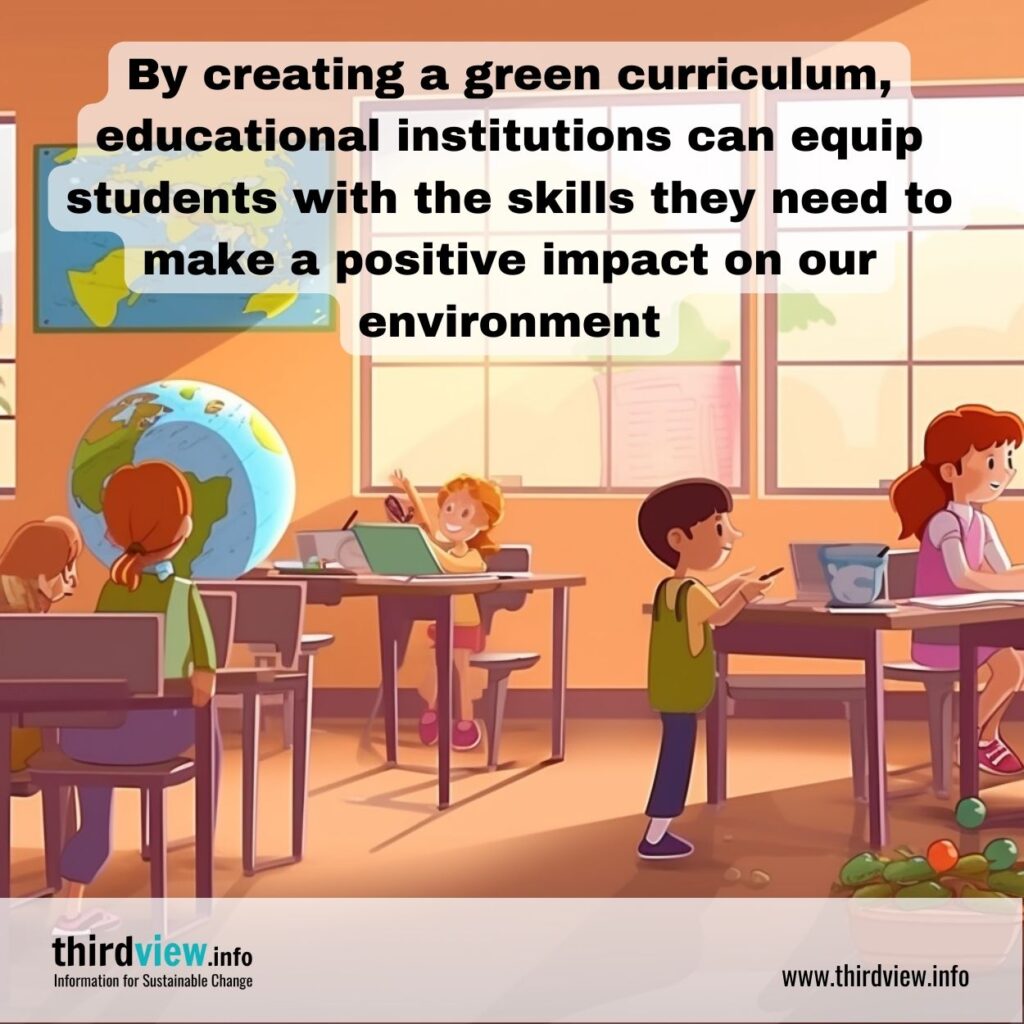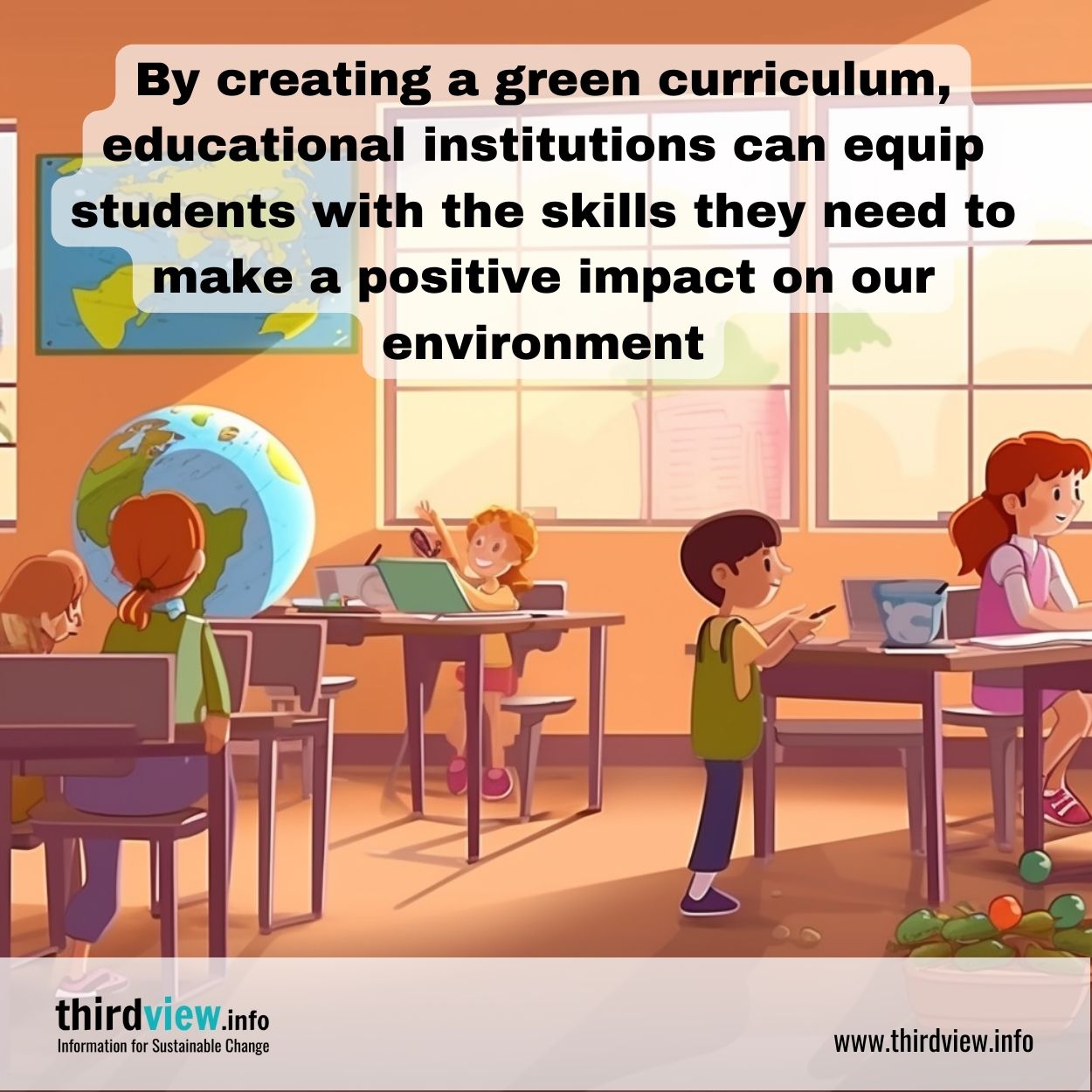Sustainability has become a major focus for educational institutions around the world. Many universities, colleges, and schools are striving to create a sustainable future by incorporating green initiatives into their operations. One of the most successful ways to do this is through collaborative initiatives with other organizations, businesses, and individuals who share the same goals. These partnerships can help educational institutions reach their sustainability goals faster and more efficiently. Let’s take a look at some of the ways that these collaborations can be put into action.
Create An Eco-Friendly Campus Culture
Creating an eco-friendly campus culture is essential for any educational institution that wants to stay ahead of the curve in terms of sustainability. By encouraging students, faculty, and staff to reduce waste, conserve energy, recycle where possible, and participate in green initiatives such as carpooling or using public transportation, educational institutions can foster an environment where everyone can contribute to making a difference. Through collaborative efforts with local businesses or organizations that specialize in green initiatives, educational institutions can provide resources and access to new technologies that will help them meet their sustainability goals faster.
Partner With Local Communities and Industry Partnerships
Partnering with local communities is another way for educational institutions to support their sustainability goals. By collaborating with local organizations that are passionate about environmental issues, educational institutions can gain access to resources such as grants or sponsorships from companies interested in improving the education system. Additionally, partnering with industry partners such as renewable energy companies can provide access to new technologies or knowledge about how best to implement green initiatives on campus. Working together allows both parties to benefit from each other’s expertise while also working towards common objectives.
Create A Green Curriculum
Educational institutions should also consider creating a green curriculum that focuses on sustainability topics such as climate change or renewable energy sources. This type of curriculum provides students with the skills they need to understand the importance of protecting our environment while also preparing them for careers related to green industries or environmental protection initiatives. Collaborating with outside experts is one way for an institution to ensure they have up-to-date information regarding best practices when it comes to teaching these types of courses as well as providing resources such as guest speakers who are knowledgeable about certain topics related to sustainability efforts.
The benefits of collaborating with local communities, industry partnerships, and external experts cannot be overstated when it comes to reaching sustainable development goals in education. Educational institutions must take advantage of these opportunities if they want their campuses—and by extension our planet—to thrive long into the future. By creating a supportive eco-friendly campus culture through partnerships and creating relevant curricula focused on environmental issues, educational institutions can play an integral part in building a sustainable future for all of us today.


